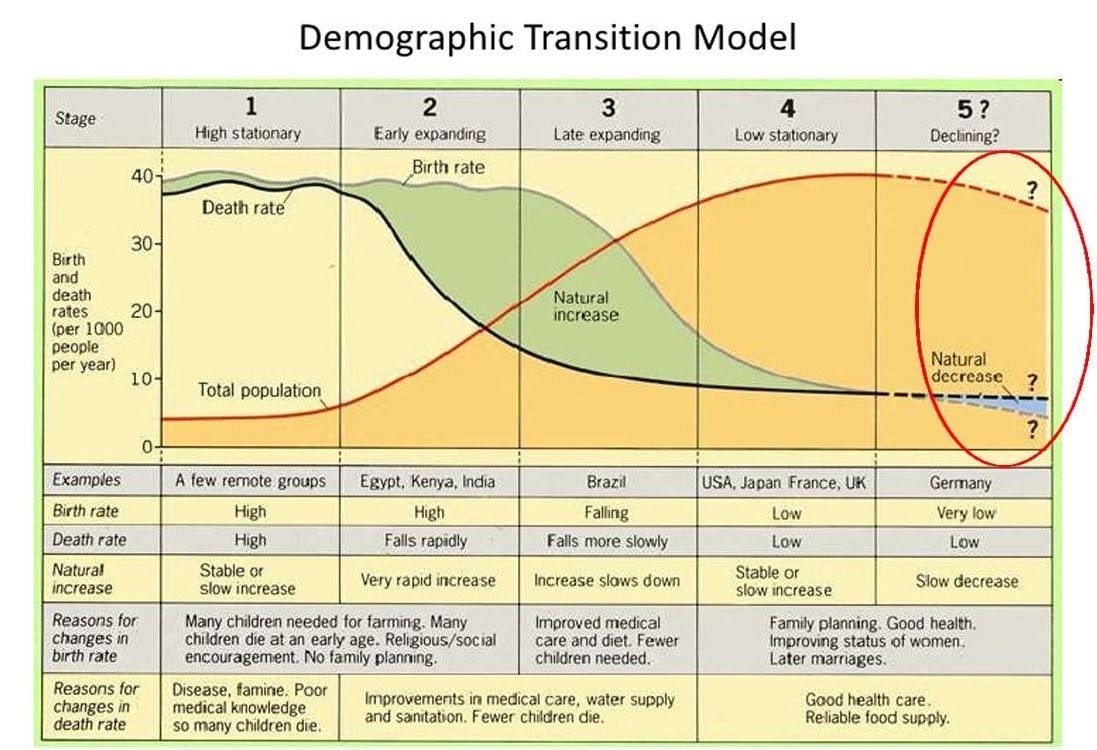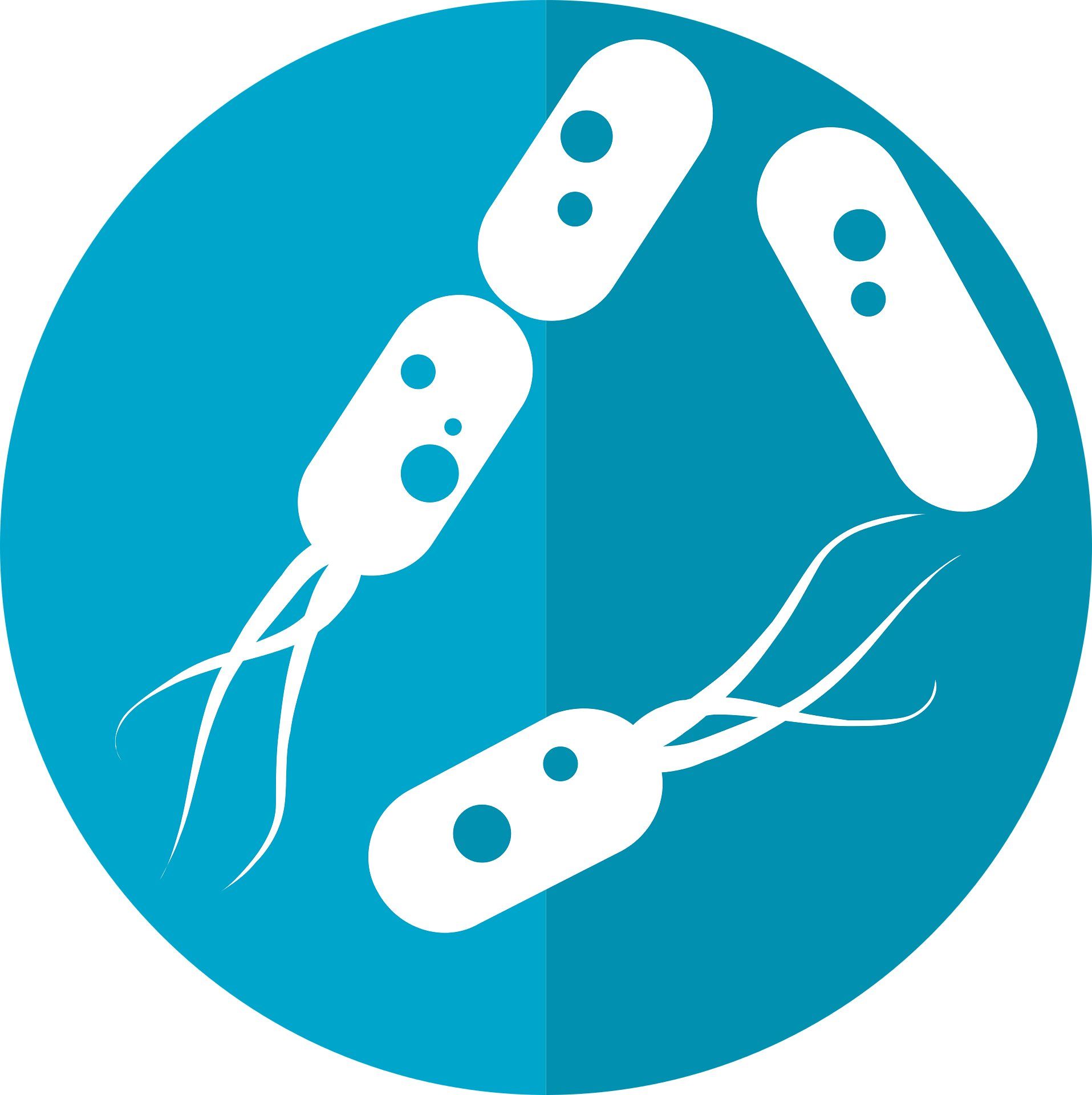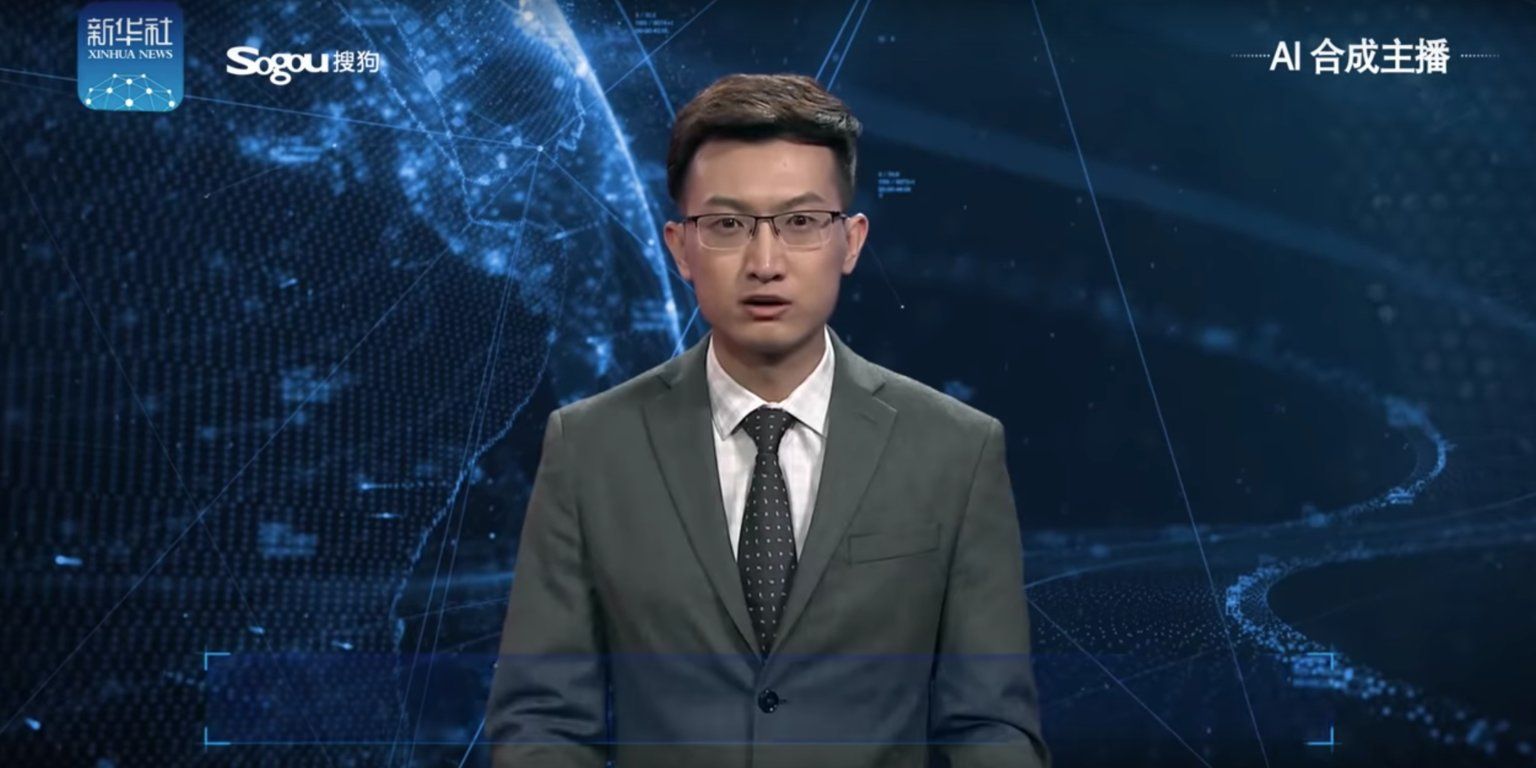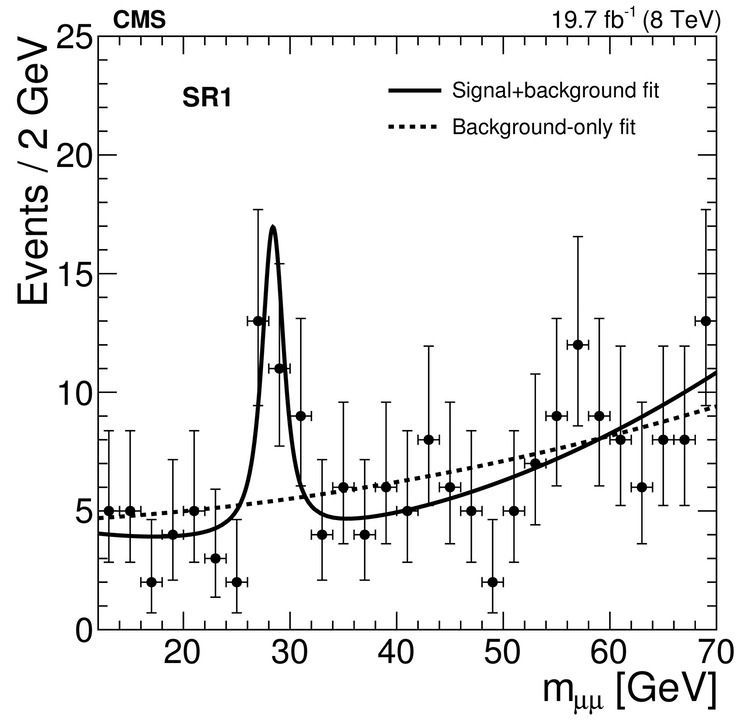Where does the degrowthist ideology come from?



Researchers at Umeå university in Sweden have published a new study showing that the gut bacteria can carry information of past experiences of an altered environment from parents to offspring. Eggs and sperm are not the only information carriers from one generation to the next.
Eggs and sperm transmit genetic information from one generation to the next. The genetic information contains the blueprint for how to assemble a functional offspring. Most of this information is hardcoded in DNA and cannot be altered by experiences such as changes to the environment.
However, in the last decades, it has been shown that some effects of various lifestyles can be transmitted from parents to offspring through both the egg and the sperm. This study shows for the first time that also the gut bacteria, which are in general also transmitted from parents to offspring, are capable of transmitting information about what environment the parents were exposed to, to the offspring.

11.08.18 JOVIAN CLOSE ENCOUNTER A multitude of magnificent, swirling clouds in Jupiter’s dynamic North North Temperate Belt is captured in this image from NASA’s Juno spacecraft. Appearing in the scene are several bright-white “pop-up” clouds as well as an anticyclonic storm, known as a white oval. This color-enhanced image was taken at 1:58 p.m. PDT on Oct. 29, 2018 (4:58 p.m. EDT) as the spacecraft performed its 16th close flyby of Jupiter. At the time, Juno was about 4,400 miles (7,000 kilometers) from the planet’s cloud tops, at a latitude of approximately 40 degrees north. Citizen scientists Gerald Eichstädt and Seán Doran created this image using data from the spacecraft’s JunoCam imager. JunoCam’s raw images are available for the public to peruse and to process into image products at: https://www.missionjuno.swri.edu/news/jovian_close_encounter. Image Credits: NASA/JPL-Caltech/SwRI/MSSS/Gerald Eichstädt/Seán Doran. Απολαύστε το φως.

A team of scientists and engineers from the Universities of Birmingham and Bristol have returned from Guatemala where they have been teaching local scientists how to use drones to map the Fuego volcano which violently erupted earlier this year.

China’s state-run press agency Xinhua has unveiled what it claims are the world’s first AI-generated news anchors.
Xinhua revealed the anchors at the World Internet Conference on Thursday. Modeled on two real presenters, the agency showcased two AI-generated anchors, one who speaks Chinese and another who speaks English.

Prolonged social isolation can do severe, long-lasting damage to the brain.

Now scientists at the Large Hadron Collider (LHC) at Cern think they may have seen another particle, detected as a peak at a certain energy in the data, although the finding is yet to be confirmed. Again there’s a lot of excitement among particle physicists, but this time it is mixed with a sense of anxiety. Unlike the Higgs particle, which confirmed our understanding of physical reality, this new particle seems to threaten it.
The new result – consisting of a mysterious bump in the data at 28 GeV (a unit of energy) – has been published as a preprint on ArXiv. It is not yet in a peer-reviewed journal – but that’s not a big issue. The LHC collaborations have very tight internal review procedures, and we can be confident that the authors have done the sums correctly when they report a “4.2 standard deviation significance”. That means that the probability of getting a peak this big by chance – created by random noise in the data rather than a real particle – is only 0.0013%. That’s tiny – 13 in a million. So it seems like it must a real event rather than random noise – but nobody’s opening the champagne yet.

